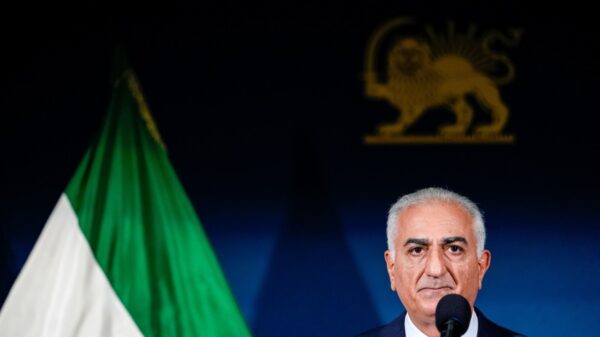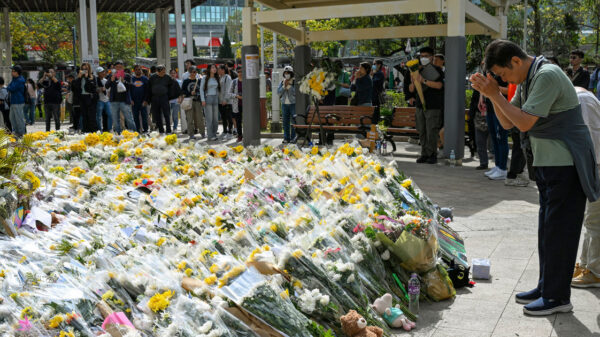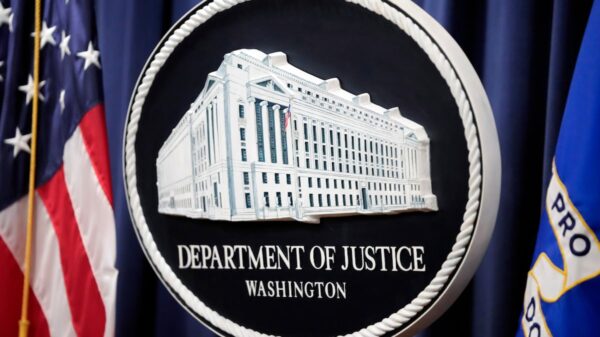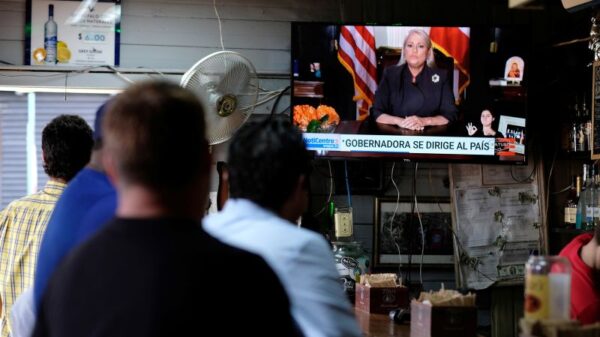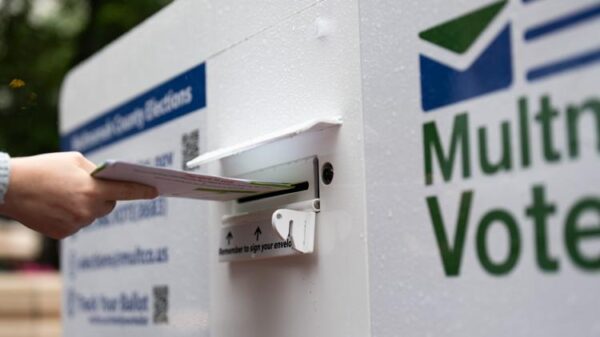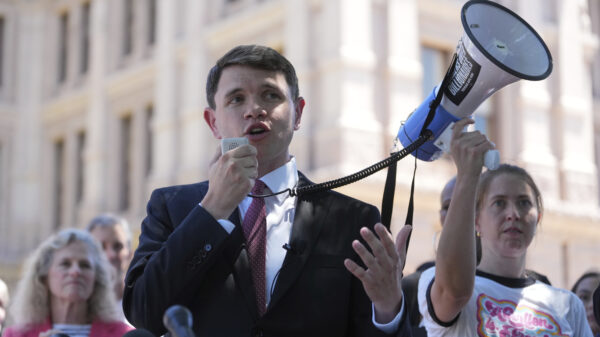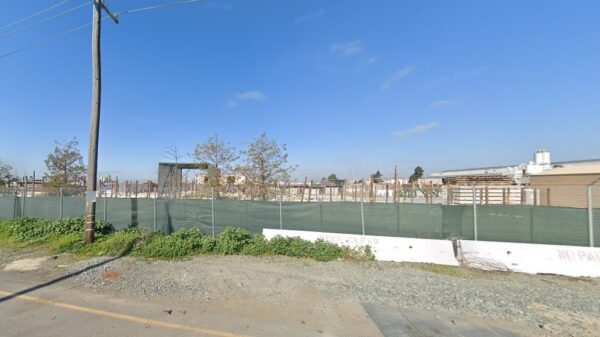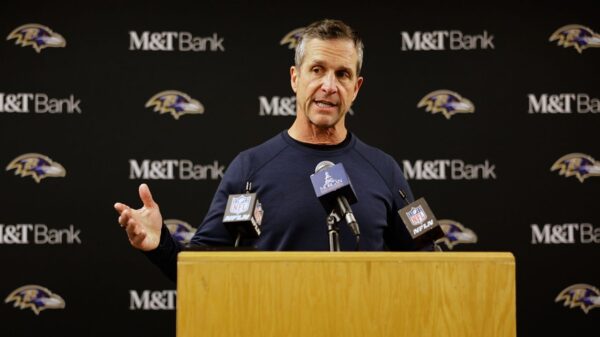Negotiations aimed at concluding the ongoing conflict in Gaza intensified, as former U.S. President Donald Trump characterized the discussions as “productive” following his meetings with Arab leaders in New York. On Friday, Trump indicated that talks would persist “for as long as necessary” to achieve a resolution.
According to Trump’s post on Truth Social, the negotiations have spanned four days, involving multiple stakeholders. He emphasized the need for a “Successfully Completed Agreement,” while calling for “PERMANENT AND LONGLASTING PEACE!” Although he did not disclose specific details regarding the agreement, he reiterated that the return of Israeli hostages held by Hamas remains a critical condition for any deal.
The complex dynamics of the conflict have hindered previous negotiations, with both Israel and Hamas accusing each other of breaching promises and altering terms. Israeli Prime Minister Benjamin Netanyahu, addressing the United Nations General Assembly, vowed to continue military action until all hostages are released and Hamas is disarmed. His speech followed a moment of controversy as numerous diplomats walked out in protest.
The situation escalated dramatically after the deadly attack by Hamas on October 7, 2023, which resulted in the deaths of approximately 1,200 people in Israel and the capture of 251 hostages. Hamas has indicated that it will only release hostages in exchange for a ceasefire and Israeli withdrawal from Gaza.
In his remarks, Trump noted that both Israel and Hamas are closely engaged in the ongoing discussions. He claimed there is unprecedented “Goodwill and Enthusiasm” for reaching a deal, citing his recent proposals presented to Arab nations including Saudi Arabia, Qatar, and Egypt during the General Assembly.
Meanwhile, Netanyahu met with Sheikh Abdullah bin Zayed, the Minister of Foreign Affairs for the United Arab Emirates, who underscored the urgent need for a permanent ceasefire. Sheikh Abdullah also reiterated support for a two-state solution, despite Israel’s ongoing settlement plans in the West Bank, which the UAE has previously deemed a significant barrier to normalizing relations with Israel.
The humanitarian impact of the conflict has been devastating, with health officials in Gaza reporting over 65,000 casualties in the past 23 months. The Israeli military campaign has led to widespread destruction, displacing around 90% of the Gaza population and creating a dire humanitarian crisis.
Non-governmental organization Doctors Without Borders announced on Friday that it had suspended operations in northern Gaza due to the encirclement by Israeli forces. In a statement on social media platform X, the organization expressed its inability to continue providing medical services under such conditions.
The ongoing conflict has dominated discussions at the General Assembly, with Palestinian President Mahmoud Abbas addressing the assembly via video link after the U.S. revoked his visa. He condemned the actions of both Israel and Hamas, stating that the attack on October 7 does not represent the Palestinian people. Abbas described the situation in Gaza as one of “genocide, destruction, starvation, and displacement,” emphasizing the urgent need for international intervention.
As the negotiations continue, the international community watches closely, hoping for a resolution that can bring an end to the violence and address the humanitarian needs of those affected by the conflict.



